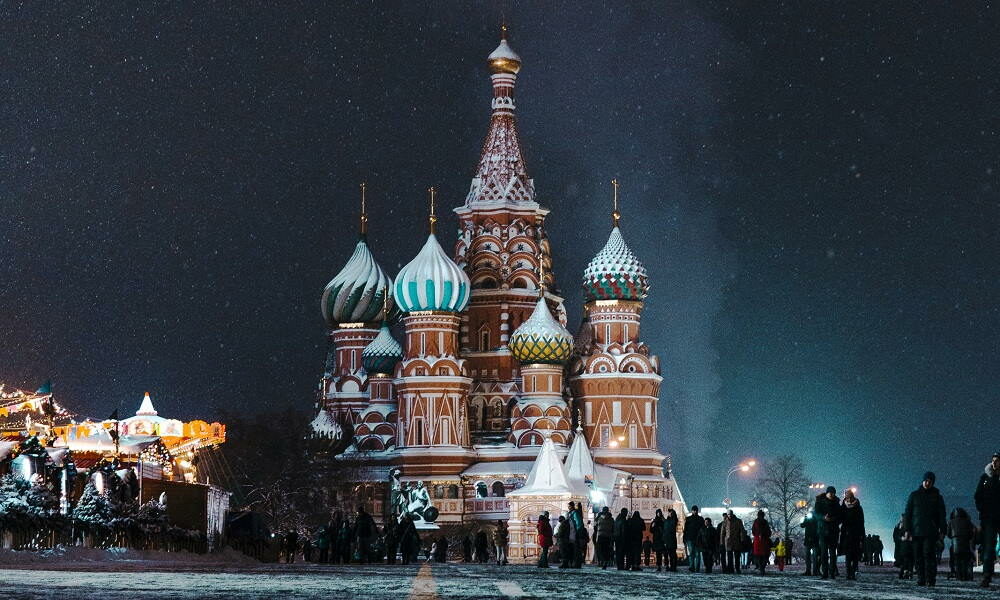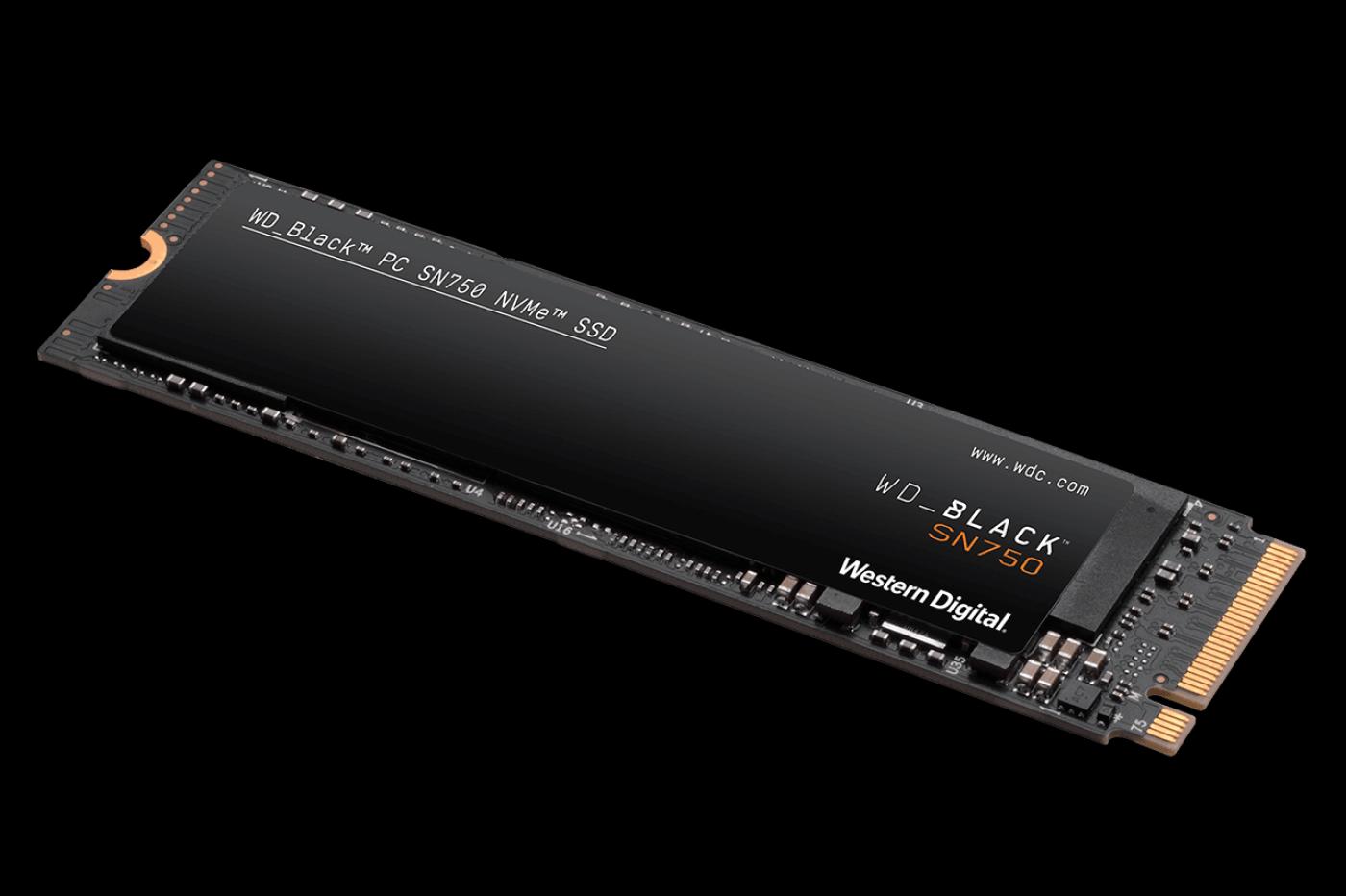
Several sources have given curious news today that could generate controversy, Intel and Microsoft have resumed their operations in Russia. This is true, but it is essential to clarify that they have done it to offer a basic level of supportand that this is limited to products that they had sold before the sanctions imposed on our neighbor in the Urals for invading Ukraine came into force.
This means that both Intel and Microsoft they are strictly complying with the sanctions imposed on Russia, since they are not selling technology, products or services to that country, nor to its citizens, they are simply limiting themselves to fulfilling their contractual obligations in terms of support and warranty. For the avoidance of any doubt, the chip giant has jumped into the fray and commented:
“Intel continues to comply with all applicable export regulations and sanctions in the countries in which it operates. This includes compliance with sanctions and export controls against Russia and Belarus issued by the US and allied nations. Access to resources that meet driver update needs, such as the Intel Download Center and Intel Download Support Assistant (IDSA), are part of Intel’s warranty and support obligations.”.
This means that Intel is offering the basic level of support to which it is required by law, and this implies maintain access to drivers and necessary software for the proper functioning of products sold prior to the entry into force of the ban in Russia. In the case of Microsoft, we find ourselves in a very similar situation, since the Redmond giant has also had to continue offering support for all the products it had already sold in the countries affected by the veto before it came into force.
What we just said implies that Microsoft continues to offer software updates in Russia and Belarus, but only at the basic level that is bound by a warranty and support issue, and limiting themselves to products already sold, and confirmed, in case there was any doubt, that they are not selling their products or offering their services in those countries. I think that things are quite clear, and that it is perfectly understandable that both giants continue to support those who bought their products before the ban.



